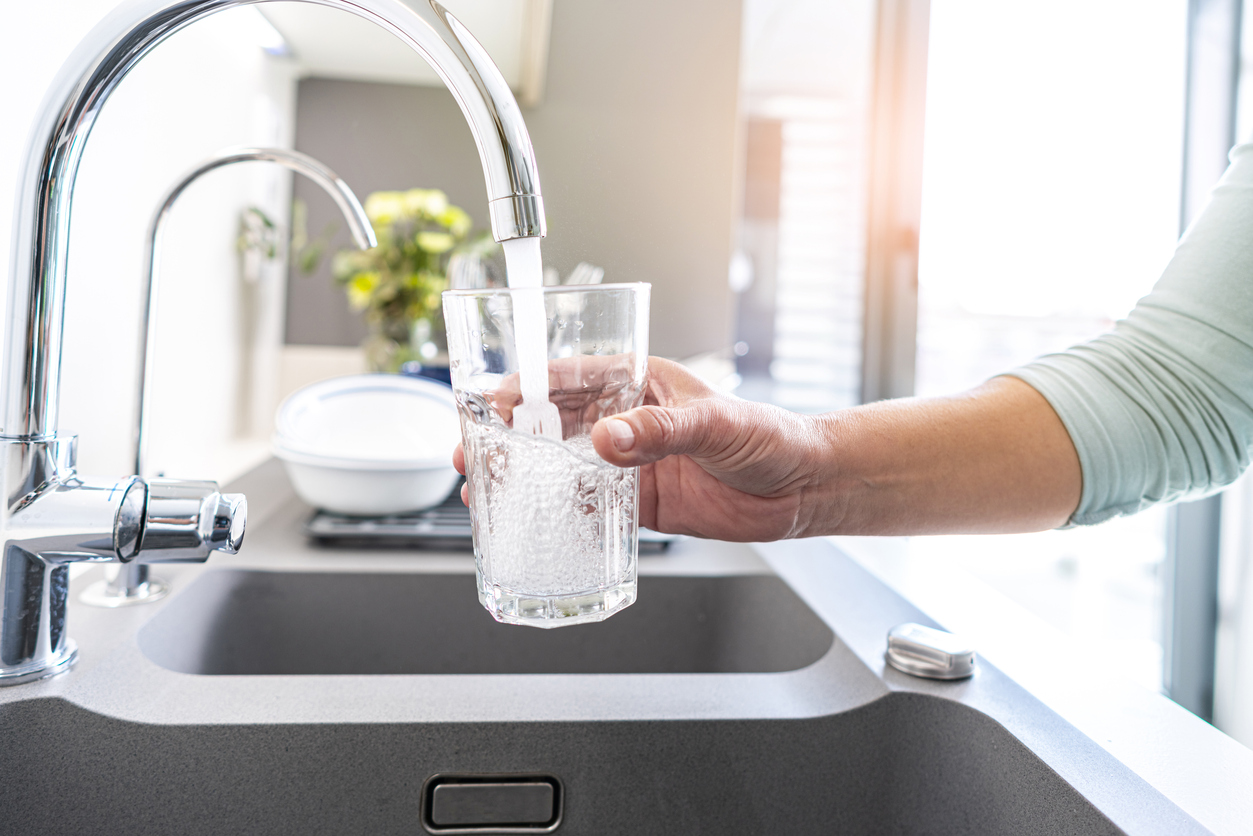Protecting Your Home and the Environment with Innovative Solutions: Cush Real Estate by Design
As technology is progressively evolving, many new innovations are being made in regard to sustainability- one of which is sustainable water softening. At Cush Real Estate, we are committed to sharing all the latest information on value-adding proponents and technologies in home design.
If you’re a homeowner, you’re likely familiar with the concept of hard water. Hard water contains high levels of minerals like calcium and magnesium, which can cause damage to your pipes, appliances, and even your skin and hair. Water softeners can protect your home and improve the quality of your water by removing those minerals.
However, not all water-softening methods are good for the environment. Traditional water softeners use salt to remove minerals, which can be harmful to the environment and expensive to maintain. Fortunately, there are now other innovative and more sustainable options available that provide the same benefits without the negative impacts.
Here, we’ll explore the different types of sustainable water softening and the benefits they offer.
Magnetic Water Softening
Magnetic water softening is a sustainable, chemical-free option that uses magnetic fields to alter the structure of water molecules. The magnetic fields cause the minerals to form into smaller, weaker clusters that won’t stick to your pipes or appliances. This process doesn’t actually remove the minerals from your water, but it does make them less problematic.
Benefits:
- No added chemicals or salt
- Reduced maintenance
- Lower operating costs
- No impact on the taste of your water
- No wastewater produced
Salt-Free Water Softening
Salt-free water softening uses a filtration system that targets the minerals in hard water but without the use of salt or chemicals. Instead, it uses a physical process to convert the minerals into a crystalline form that won’t stick to surfaces. This type of water softening is effective at preventing scaling, but it doesn’t actually remove minerals from the water.
Benefits:
- No added chemicals or salt
- Reduced maintenance
- Environmentally friendly
- Cost-effective
- Retains beneficial minerals in the water
Reverse Osmosis
Reverse osmosis is a process that removes minerals, chemicals, and other impurities from water. It works by forcing water through a semi-permeable membrane that filters out the contaminants. Reverse osmosis is effective at removing minerals that cause hard water, as well as other pollutants like lead and arsenic.
Benefits:
- Removes a wide range of contaminants
- Improves the taste of water
- Easy to maintain
- Reduces the environmental impact of bottled water
- Saves money in the long run

In conclusion, there are several types of sustainable water-softening methods available for homeowners. By choosing a method that’s right for you, you can protect your home and the environment while enjoying the benefits of soft water. Magnetic water softening, salt-free water softening, and reverse osmosis are all great options to consider.
You can contact a professional water treatment company like Magnation Water to find the right solution for your home.
